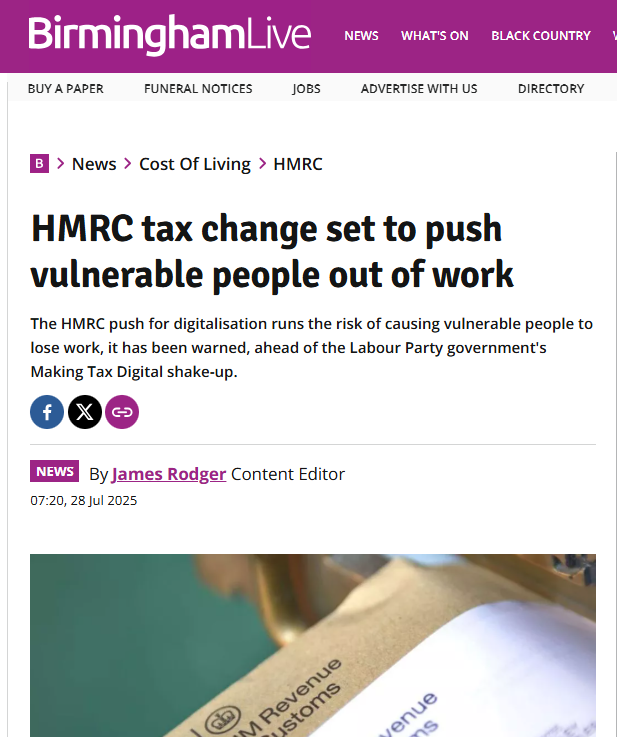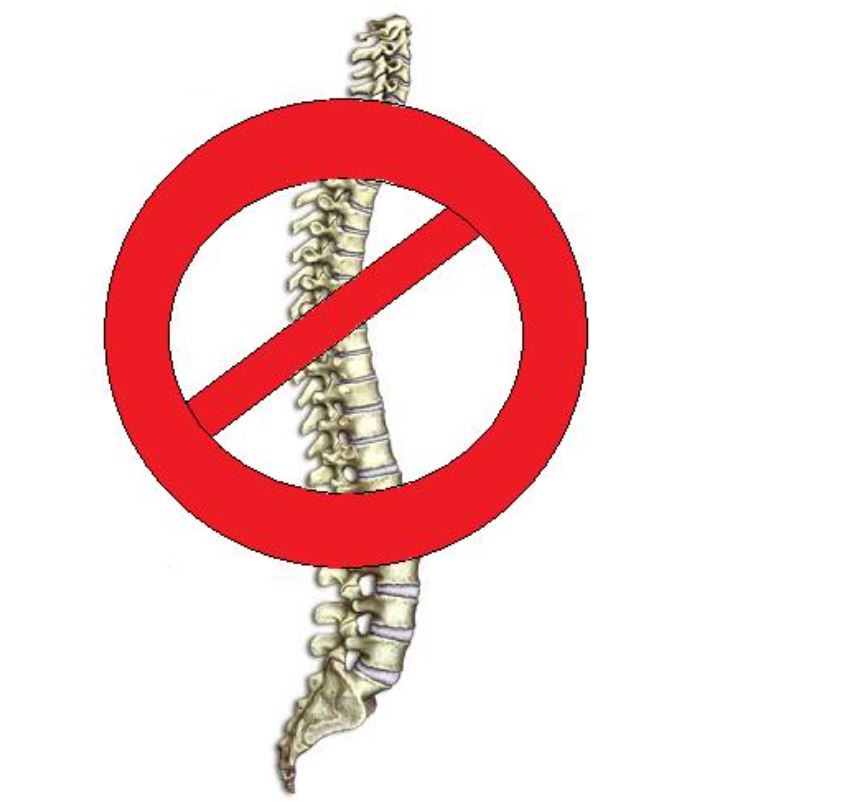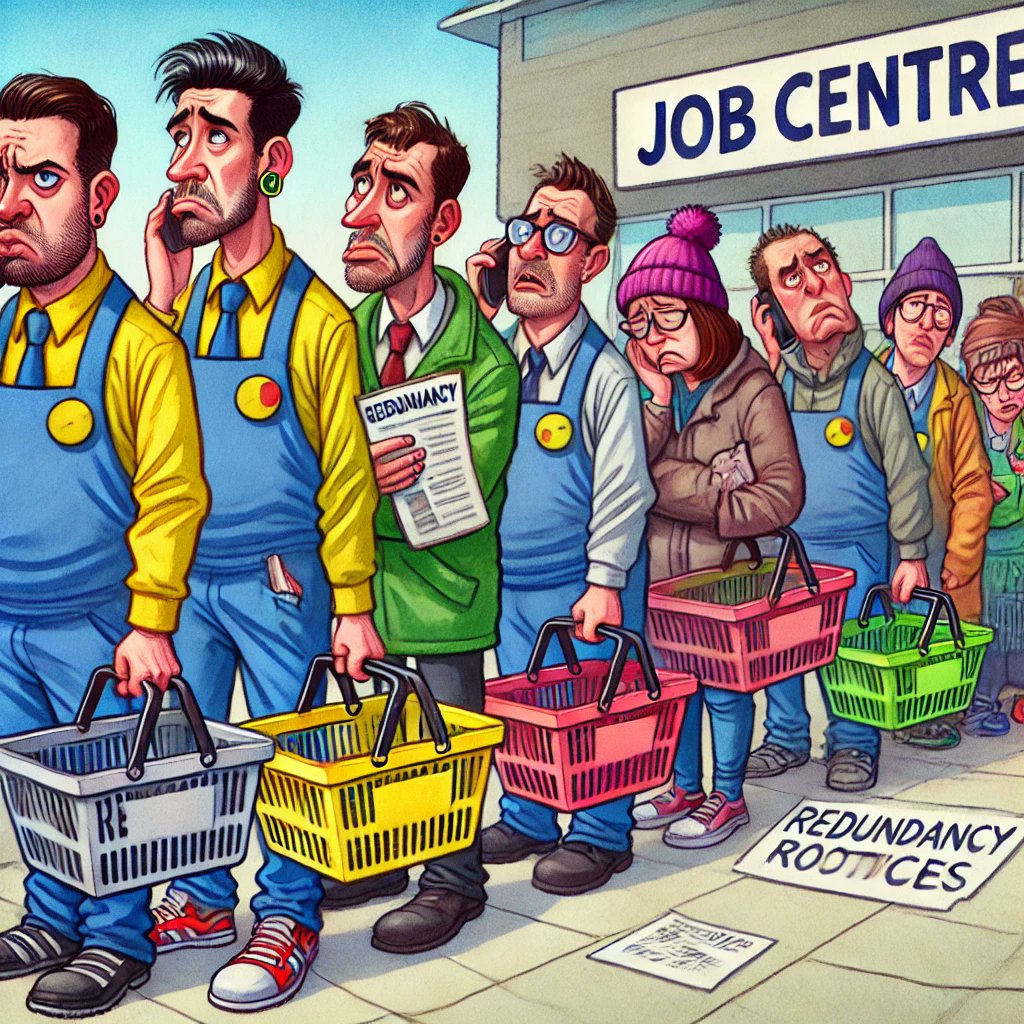Labour's plans to force taxpayers to submit digital information about their earnings to the government every 12 weeks will hit lower earners the hardest, even pushing the poorest people out of work & onto benefits, experts have warned.
We should resist this scheme
1/4
We should resist this scheme
1/4

"It’s hard to imagine how so many single parents are going to find the time to continue running a business, juggling childcare but then also learn how to bookkeep & file quarterly updates without it putting a huge amount of pressure on top,” said Tom Bickle of JP Blackmoor Ltd.
Robyn Milstead of LKA Chartered Accountants said “These things are not just a source of anxiety, they're impossible for some. I really worry about tradespeople where English isn’t their first language. For single parents who are self-employed, the first deadline for submission is 7 August — straight in the school holidays.”
According to accountants many low earners are now planning to retire early or give up work to avoid the extra hassle and cost of completing a quarterly tax return.
This bureacratic idiocy is meant to make HMRC's life easier. Spineless politicians have just gone along with it.
This bureacratic idiocy is meant to make HMRC's life easier. Spineless politicians have just gone along with it.

• • •
Missing some Tweet in this thread? You can try to
force a refresh


















